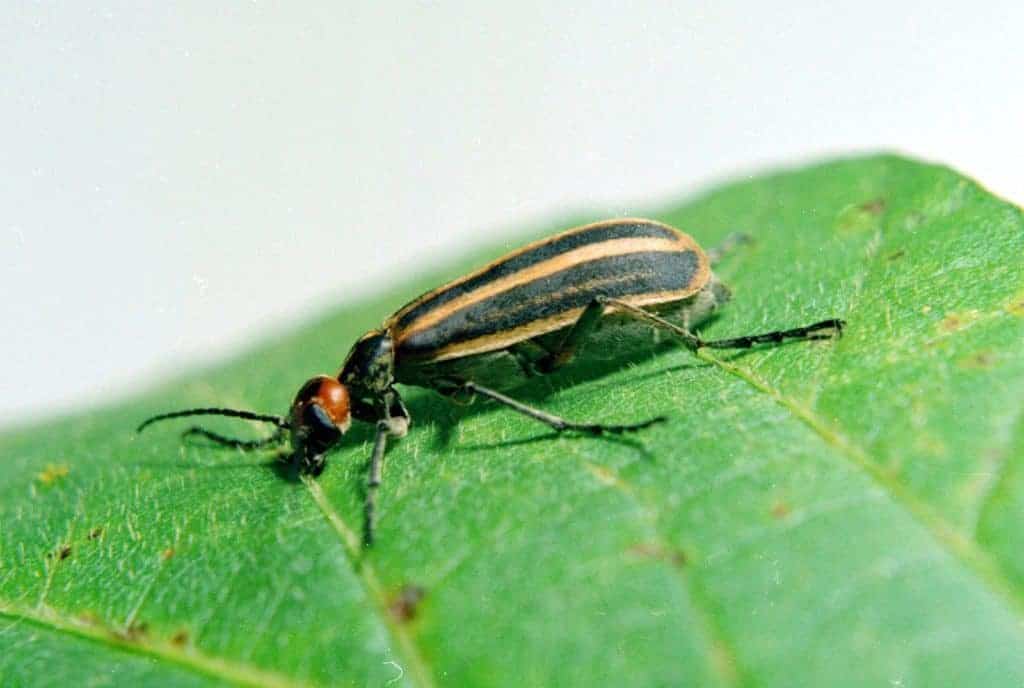
Equine Dental Care and Health
Dental care is an important part of keeping a horse healthy and happy throughout his life. Learn about common tooth problems and regular dental care in this slideshow.

Dental care is an important part of keeping a horse healthy and happy throughout his life. Learn about common tooth problems and regular dental care in this slideshow.

Take a look at the remarkable equine heart and what can go wrong with it, such as murmurs and atrial fibrillation.

Horses can experience more than one disease process at the same time, an occurrence known as comorbidity. In this article, we’ll take a look at equine diseases such as PPID and laminitis that veterinarians most commonly see in conjunction with other conditions.

Vet bills are an unavoidable, and often costly, part of horse ownership. But forgoing routine health care to reduce veterinary costs can backfire. Here’s how keeping up on your horse’s preventive care can help you save money in the long run.

Temporomandibular joint changes could cause pain as well as behavior problems and poor performance in horses. Or not.

We’re taking a closer look at horse heart health Feb. 23-29, 2020.

Equine dental anatomy and issues are unique to horses, and they deserve special scientific analyses as well as consideration at home. A German research team took a closer look.

German researchers found foals can spontaneously correct their own overjets (parrot mouth) within a year. However, they also found that foals born without overjets can develop them within the first few months of life.

Two experts share their tips for evaluating equine body condition and advice for using those results to create a feeding plan that suits your horse’s age, breed, and activity level.

The Horse spoke with the farm owner. Learn from her firsthand experience, and find out how to protect your horses.

Blister beetles in alfalfa can be deadly. Here’s what to watch for and how to keep your horses healthy.

Watch this educational video to find out!

A listener asks about her horse’s anemia, and Dr. Bryan Waldridge explains the causes and what it means.

Find out how to keep your middle-aged horse’s teeth, feet, joints, and more healthy.

Here’s how to react if your horse consumes feed designed for another animal.

Blue-green algae can produce toxins that affect the nervous system and liver. Exposed animals can die quickly, or they can develop liver failure over several days. Get tips to protect your horse.
Stay on top of the most recent Horse Health news with
"*" indicates required fields